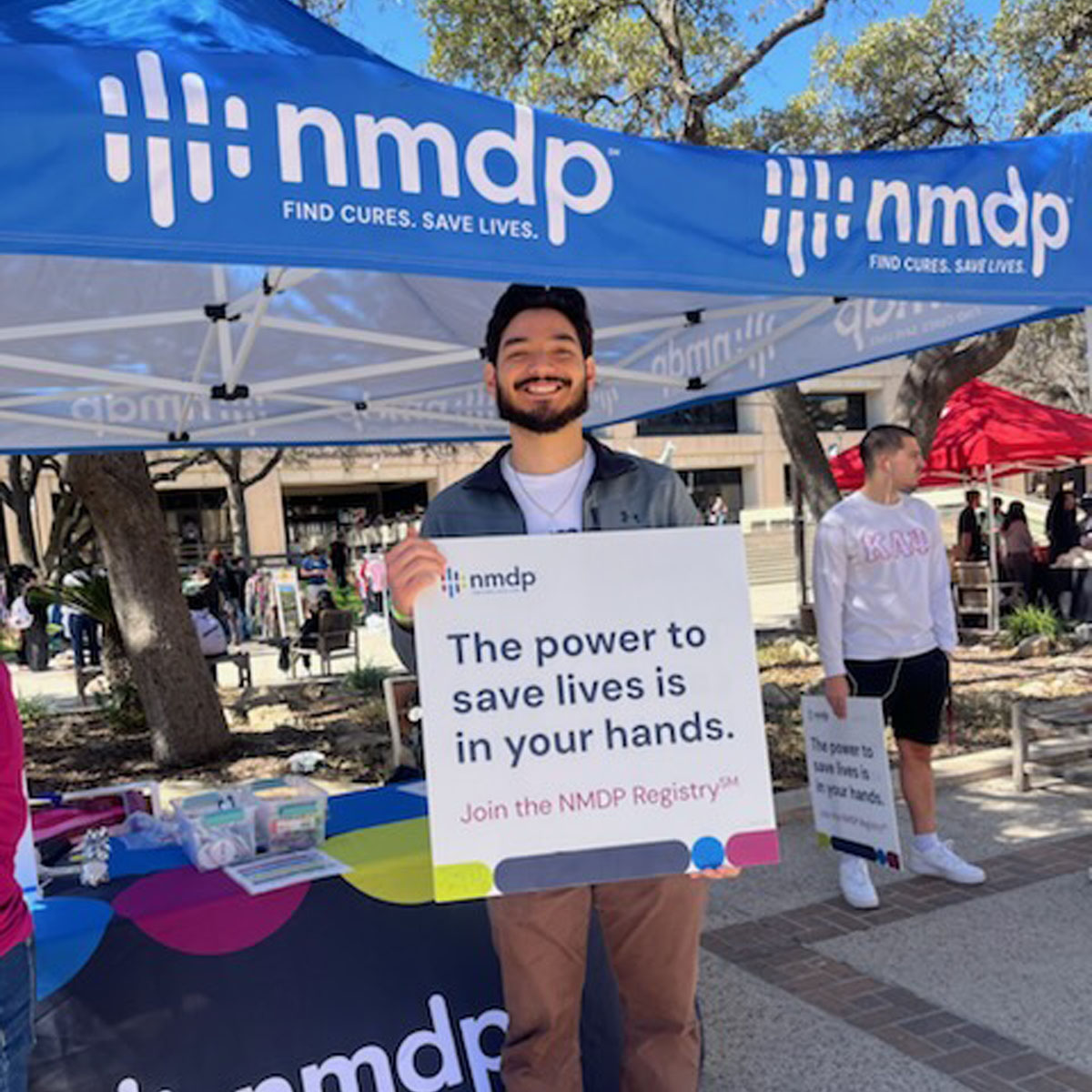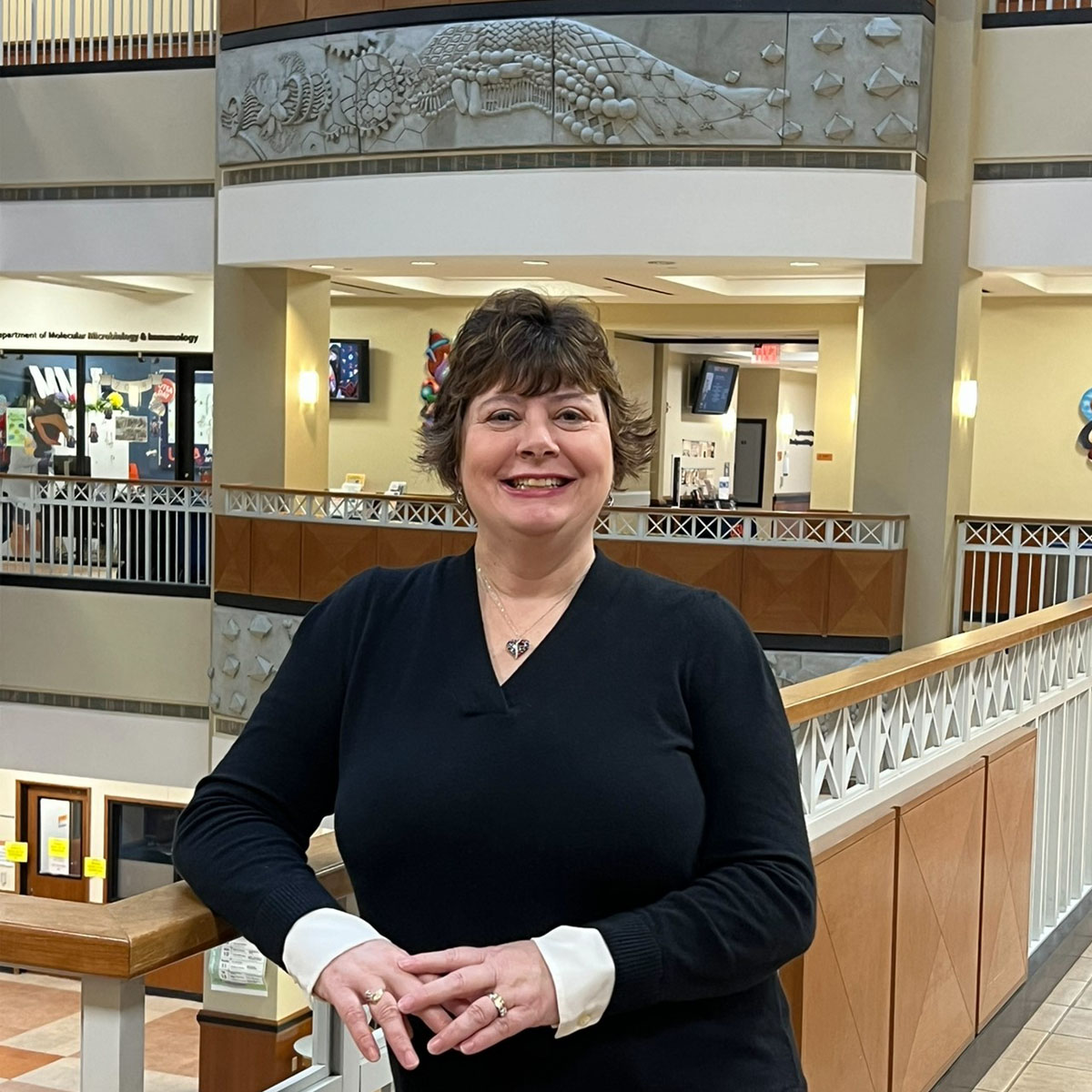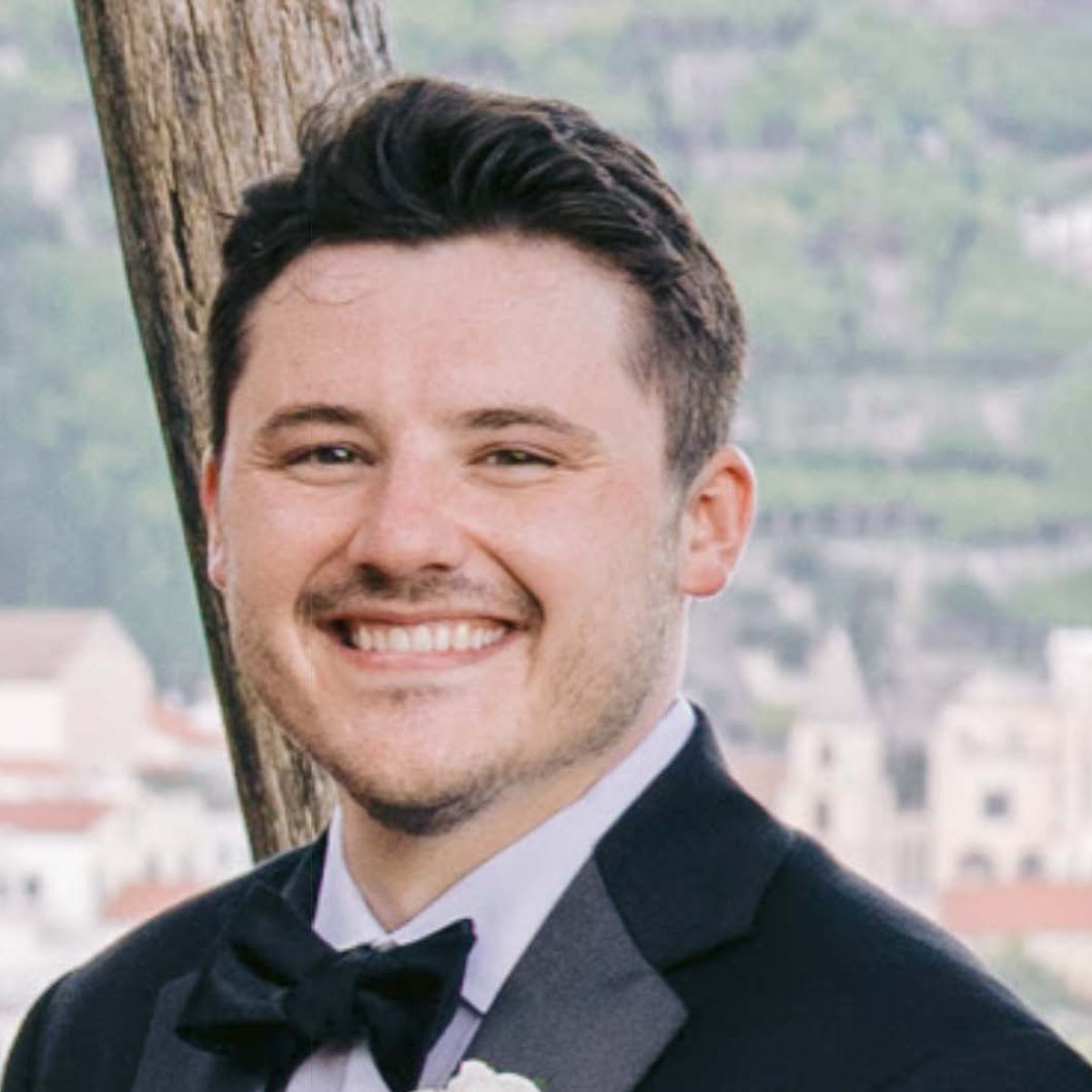Posted on May 10, 2022 by College of Sciences
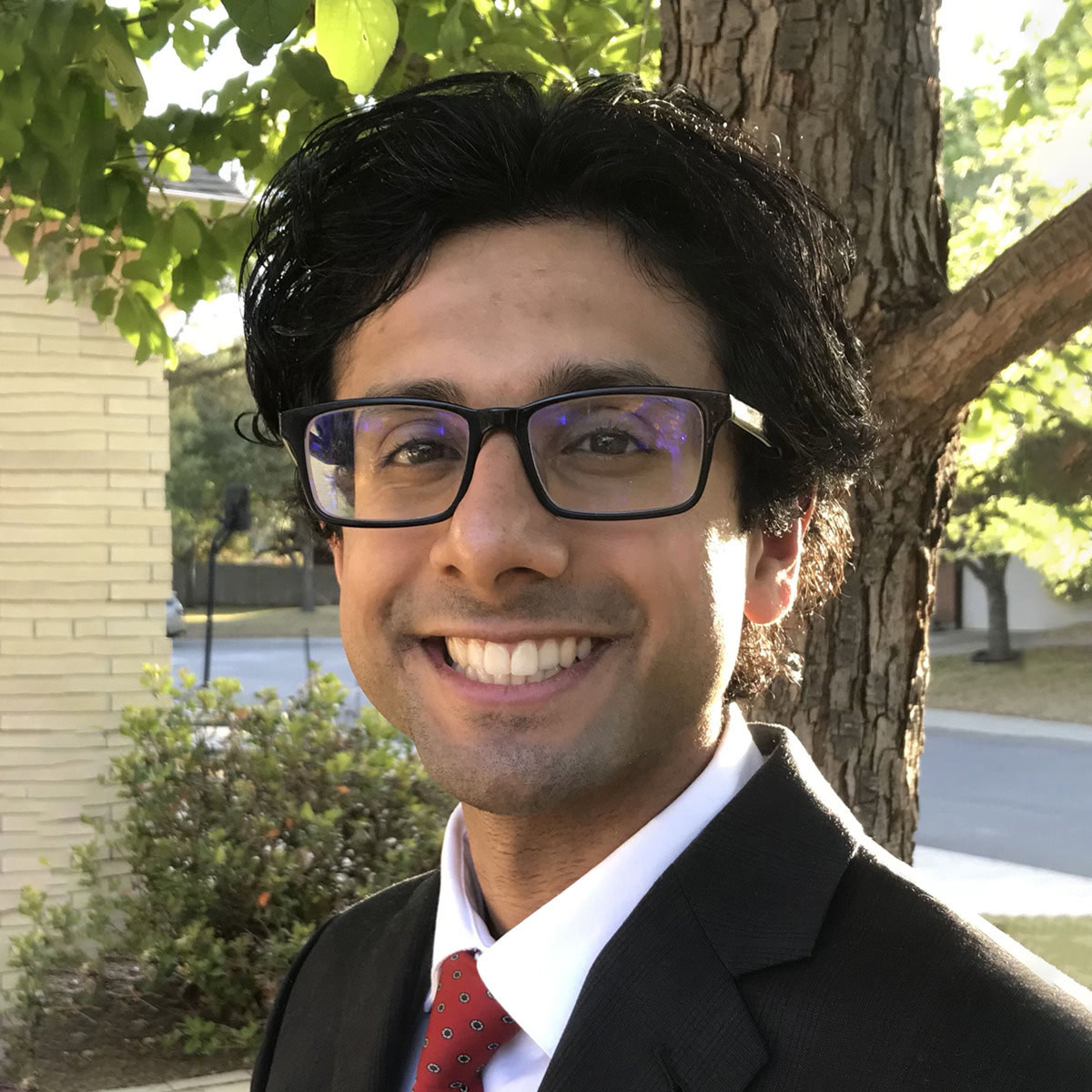
Reggie Jacobs, Biotechnology M.S. Student
By Pelle Muñoz
Meet Reggie Jacobs, an M.S. Biotechnology graduate student, bioAffinity Technologies intern, and teaching assistant. Reggie started at UTSA in 2017, graduated with his B.S. in biology in 2020, and then decided to pursue a graduate degree in biotechnology after being accepted into the VIP Graduate Admission Program. The VIP program allows biology faculty to recommend outstanding junior or senior UTSA students, with excellent academic records, for admission into the M.S. degree in Biology or Biotechnology.
Reggie chose to study biology and biotechnology because they aligned with his interest in science and research. Initially, he was drawn to educational opportunities available at UTSA, and, throughout his time as a Roadrunner, he's come to appreciate the curriculum for its challenging nature and emphasis on analytical reasoning.
"I love the ability to apply what I learn in class to the problems I face in the lab," said Reggie. "My program has been focused on lab techniques which I have used abundantly in my internships."
Students in the M.S. Biotechnology program can apply up to 9 credit hours of internship in a biotechnology company towards the 36-hour-degree program. Reggie first heard about the internship opportunity with bioAffinity Technologies from Valerie Sponsel, graduate advisor and professor in the Department of Integrative Biology. bioAffinity Technologies is an independent San Antonio company that is located in an incubator space on the UTSA West Campus. The firm works to address the need for non-invasive, early-stage cancer diagnosis and treatment."
During his first semester with bioAffinity last summer, Reggie grew different cancer cell lines for various projects and gained significant knowledge of the biotechnology industry. Reggie continued his internship with bioAffinity this past spring where he contributed to discovering novel cancer treatments. His position was multidisciplinary, which helped diversify his workload. "I participated in both the basic research and the product development sides of the company, which gave me valuable insight into how a biotech organization operates."
Reggie is immensely grateful for the opportunity to conduct research under David Elzi, a valued mentor and Vice President of bioAffinity Technologies. Elzi's lessons on looking at and appreciating the scientific process in a way that could help solve society's problems personally resonated with Reggie.
"Being mentored by Dr. Elzi has been a wonderfully enriching experience," said Reggie. "My input was always valued and encouraged, and my mistakes have been reimagined as learning experiences that have helped me grow as a researcher."
Prior to entering the M.S. Biotechnology program, Reggie had gained research experience at UT Health San Antonio where he investigated treatments for breast cancer and the effects of calcium pulses on mitochondrial function.
Reggie's research experiences helped him gain and build upon the skills required in a laboratory setting. His internship with bioAffinity Technologies proved an effective way to explore his area of study, make connections with experts in his field, and earn valuable class credit hours.
Reggie is thankful for the opportunities that came from the VIP Graduate Admission Program. "I was a little unsure of what to do after undergrad, so when I was offered this chance to stay at UTSA with the VIP program, I was very excited to take it," said Reggie, "The M.S. degree program has opened doors to classes and opportunities like my internship at bioAffinity Technologies that have shaped my interest in science."
"Reggie has excelled during his time in the M.S. Biotechnology program," said Sponsel. "I am particularly grateful to scientists in the biotechnology industry, like Dr. Elzi, who provide valuable mentorship for our students before they enter the job market."
Reggie graduates this spring with an M.S. in Biotechnology. He is excited to take what he has learned at UTSA and through his internship and apply this knowledge towards real-world problems that will make a lasting difference in people's lives.
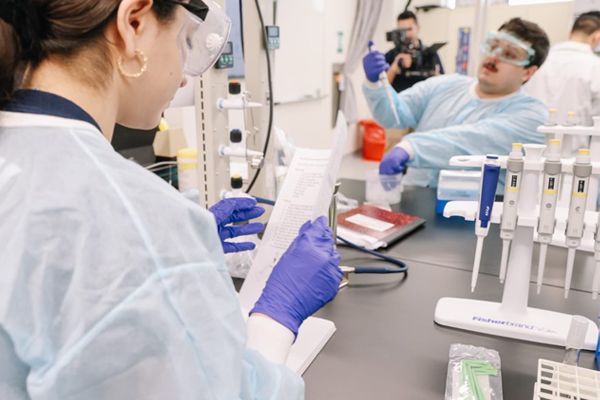
Explore the MMI Department!
Uniting an engaged community of researchers, educators, and students while preparing students for professional careers in microbiology and immunology, medical and public health service fields, education, research, and industry.
Recent MMI Spotlights
View More Spotlights